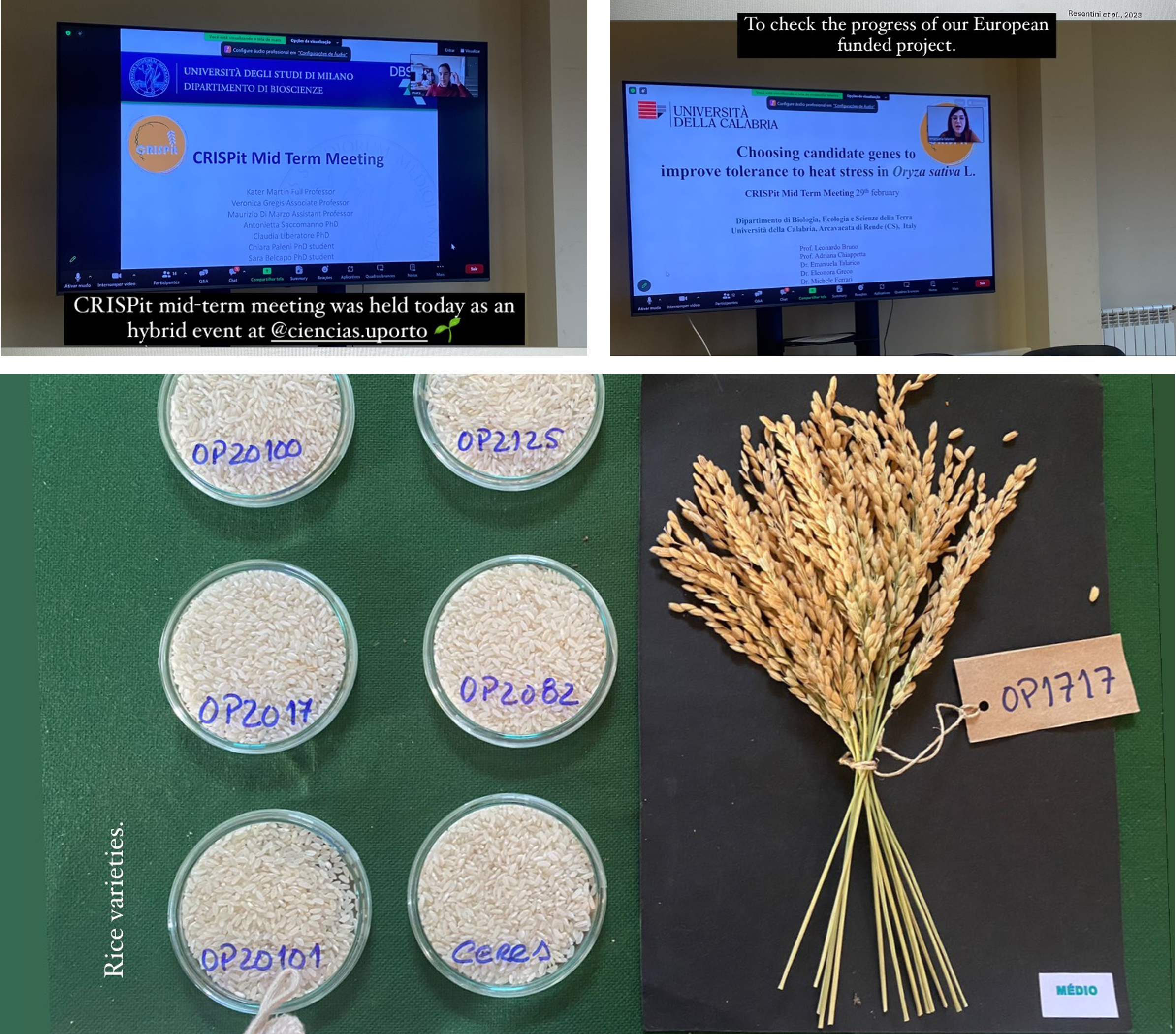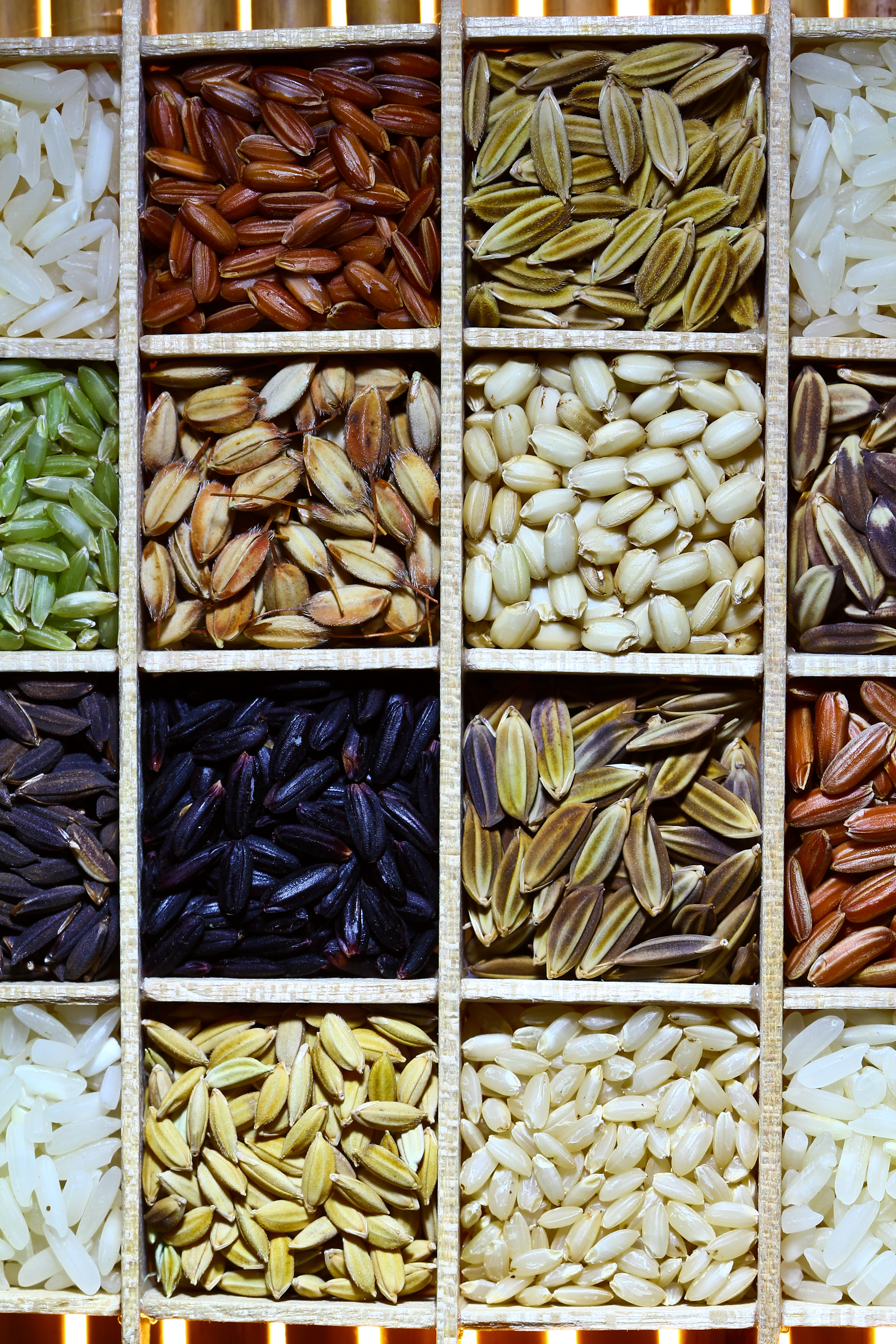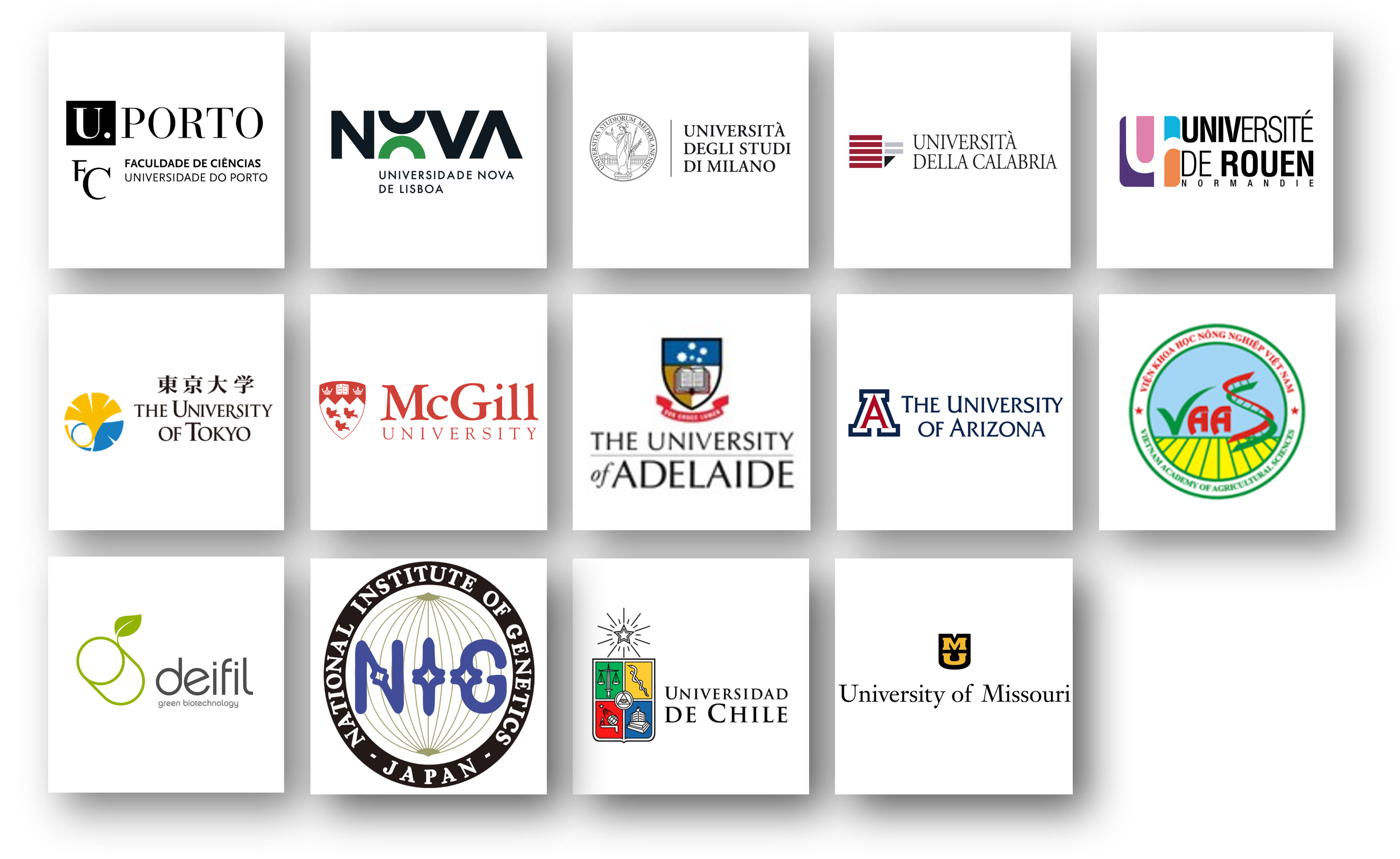
By 2050, it is estimated that the human population
will reach 10 billion & Average global temperatures are estimated to rise by 2–3 °C over the next years
To feed this growing population, it will be necessary to at least double agricultural yields, without increasing the amount of arable land.
Human population is dependent on seed production.
Most agricultural production is aimed at the production of seeds through sexual reproduction, and these seeds account for most of the calories consumed by humans (wheat, rice, and corn).
Worldwide, rice is the most widely consumed food crop, and it is highly sensitive to heat stress, particularly during the reproductive stage.
Genome editing is set to transform plant breeding and help secure the global food supply. Advances in genome editing technologies provide new opportunities for crop improvement by employing precision genome engineering for targeted crop traits.
CRISPit addresses critical stages of the reproductive development, integrating several approaches to comprehensively investigate sexual reproduction in Rice under heat stress conditions with the aim of using the novel knowledge generated to improve rice production.
Recent news
CRISPit Mid-Term Meeting

The CRISPit team convened on February 29, 2024, for the project's mid-term meeting, held both virtually and in person. During this gathering, each beneficiary presented their ongoing work, highlighting significant results and discussing new protocols aimed at advancing CRISPit research on enhancing rice resilience to heat stress conditions. This meeting served as a crucial checkpoint to assess the progress of our collective efforts and to adjust future strategies accordingly. Additionally, we welcomed new international partners to our consortium, further enriching our collaborative network. Stay tuned for further updates on our progress and developments within the CRISPit project.
Exploring the Secrets of Plant Reproduction at FCUP's "Biologia ao fim da tarde"
Another enlightening session of the "Biologia ao fim da tarde" lecture series took place at the Faculty of Sciences, University of Porto (FCUP), in collaboration with the Department of Biology, the Biology Students' Association (NEBUP), and the Northern Regional Delegation of the Order of Biologists on November 22, 2023. One of the themes discussed during this session was "Seeds of Life: Exploring the Secrets of Sexual Reproduction in Plants" by our researcher Ana Marta Pereira, delving into this fascinating topic. Her insights shed light on the intricate mechanisms and processes involved in plants' sexual reproduction, sharing her expertise and passion for botanical science. The session provided a unique opportunity for students, researchers, professors and enthusiasts alike to deepen their understanding of plant biology and engage in interesting discussions.
Do you want to send us a message?
Please, don't hesitate, we will be happy to answer your questions.

